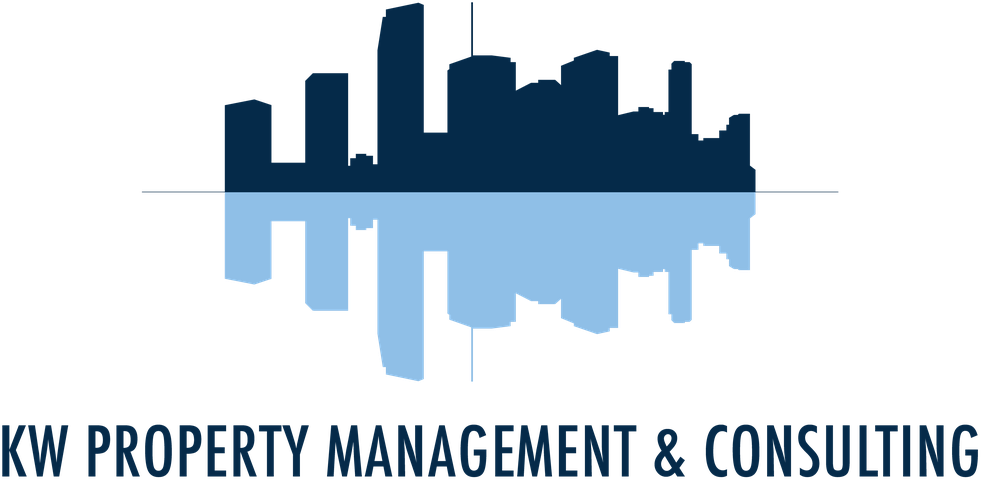Blog
Blog
DeSantis Signs AOB Reforms; Go Into Effect July 1st
The Florida Legislature passed an Assignment of Benefits (“AOB”) reform bill, Florida H.B. 7065 (the “Bill”), which is expected to take effect July 1, 2019. The Bill establishes 2 new section of Florida Statutes (§§ 627.7152 & 627.7153) and revises Fla. Stat. § 627.422, designed to curtail AOB practices, and is only applicable to AOBs executed on or after July 1, 2019. What does this mean for restoration companies (the “Assignee”)? There is now specific requirements as to what must be included or excluded in an effective AOB, a strict record keeping requirement, as well as time-sensitive submission of AOB and related documents to insurance companies. Fla. Stat. § 627.7152 Assignment Agreements Summary: Assignees (a/k/a “Contractors”) will have to provide detailed estimates in advance of performing the work, promptly notify the Insurance Company of the AOB, and cooperate with the Insurance Company’s requests for information. Contractors will also need to
What Is a “Nuisance,” Really?
What’s that smell? What’s that sound? What am I looking at? Whatever it is offends me. Could it be a nuisance? Florida Condominium associations deal with nuisance complaints on a regular basis. The challenge in addressing nuisance issues is defining exactly what constitutes a nuisance. Generally, nuisance is defined in Black’s Law Dictionary as “a condition or situation that interferes with the use or enjoyment of property.” This definition is vague and leaves much room for interpretation. Almost all Florida condominium associations have governing documents that prohibit nuisances but, at the same time, provide no express definition or guidance as to what constitutes a nuisance according to the association. Very generally, some governing documents include language to prohibit conduct that would endanger the health, annoy or disturb or cause embarrassment, or discomfort occupants. Conduct that could rise to a nuisance, as categorized by type, may include the following: Smells Smoking
Sea Level Rise & Its Impact on Waterfront & Coastal Condominiums & HOAS
The topic of sea level rise is being discussed in coastal cities across America. While there are certainly controversies about how fast and how much the sea level will rise, it is indisputable that the sea level is rising and impacting associations and their action plans as it relates to their residents’ property. Individual homeowners in cities like Miami, Florida and Honolulu, Hawaii, are beginning to ask questions like: Will rising water impact my asset? When should I expect the arrival of rising waters? Is there anything I can do to prevent damage to my property and protect it? How can I insure my assets sufficiently in the event of damage or loss as it relates to sea level rise? Condominium and HOA board members in these cities are also asking questions such as: How can we best prepare our community for sea level rise? What are the short and
KW Property Management & Consulting Turns 15
Leading residential property management company celebrates milestone with employees throughout Florida May 2019 – KW Property Management & Consulting, a classic Miami entrepreneurial success story, is celebrating its 15th anniversary throughout the month of May with special events at its offices throughout the State of Florida. Since former Certified Public Accountants Paul Kaplan and Robert White launched the residential property management company in May 2004, KWPMC has evolved into an industry leader and the largest private company in the market with more than 1,500 employees and 80,000 units under management. When Kaplan and White started KWPMC, most of their top competitors had been in the business for decades. Yet, they have grown the company organically – one property and employee at a time – to become one of the largest in the industry. Kaplan and White accomplished this while navigating the 2008 real estate crash and without acquiring or merging
Are You and Your Community Prepared for the Next Storm?
Preparation is the key to good management. Hurricane season beings on June 1st and now runs through November 30th, and as you are well aware, having a Hurricane Preparedness Plan in place makes the process of preparing more efficient. To help you be better prepared we’ve created a checklist of the items you should include: Financial Preparation Fund reserves at least partially; the absence of any cash reserves will hinder an association’s ability to make a deposit to a contractor who is available. Consider a special reserve to fund insurance deductibles and/or items not covered Consider making arrangements for a line of credit with your bank, so that you will have available cash to meet emergencies and secure contractors. Consider applying for an Association credit card to allow managers to purchase preparation or recovery items. Seek a loan from your bank for reconstruction or upgrades to property including storm proof
